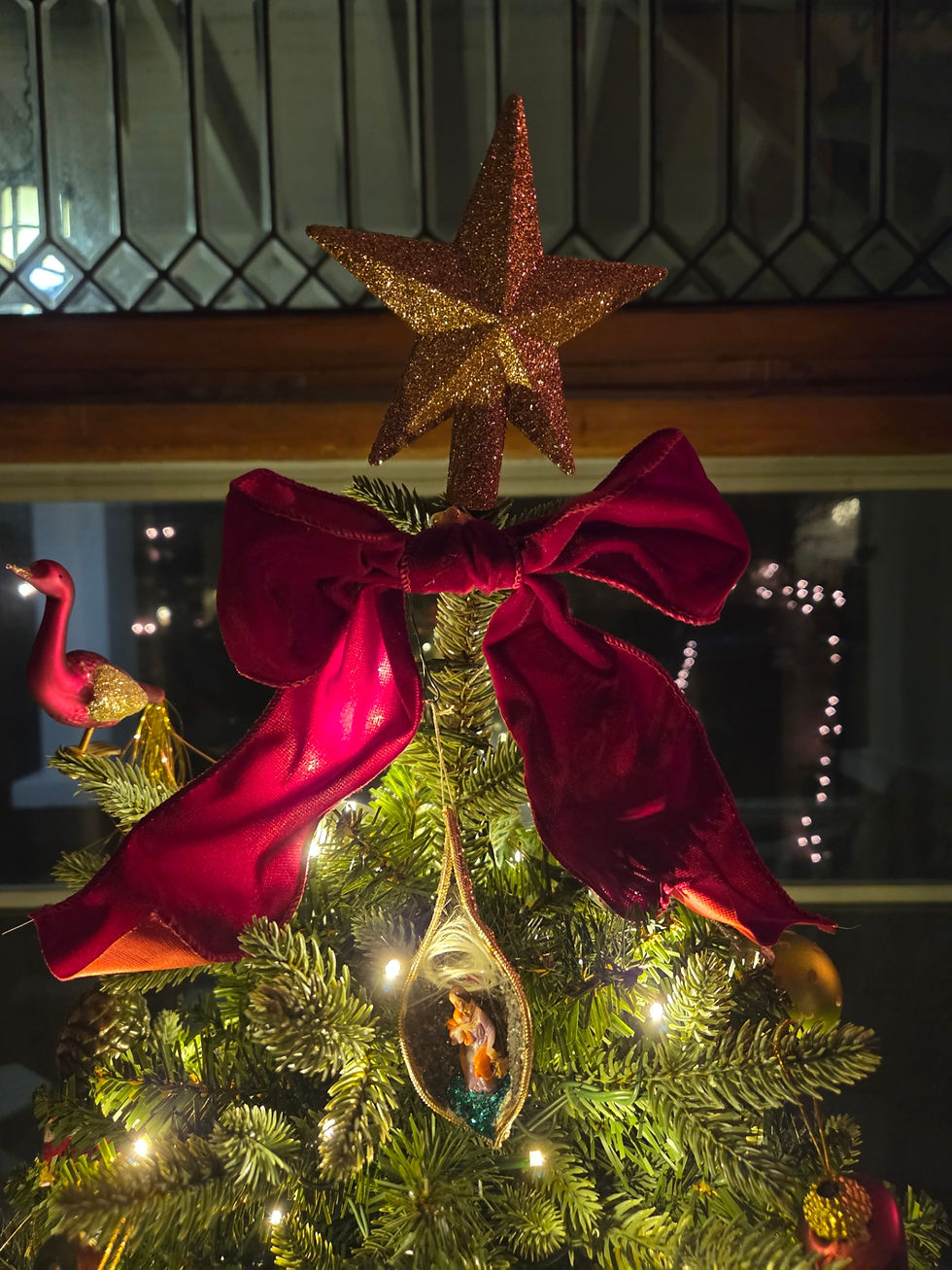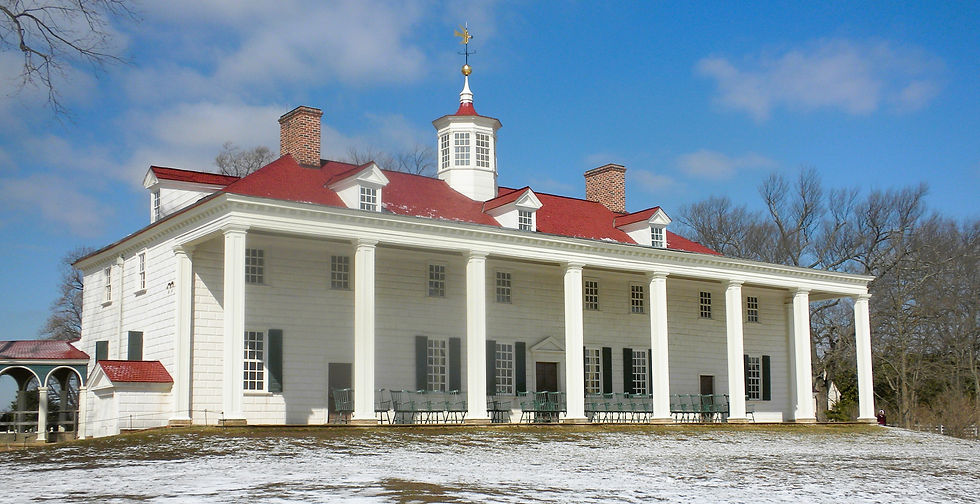Gratitude Friday 2 2 2024 COVID & Our Abode
- Bill Stauffer

- Feb 2, 2024
- 4 min read

Julie and I got COVID for the first time right as 2024 heralded in. It is remarkable with all of my travels that I managed to not bring it home to her. As it worked out, she got it first after we had dinner in a local restaurant. I feel oddly grateful that the vector was in that direction rather than in the opposite manner. It got me thinking about the last four years and how I first read about an odd virus is China in a small news story on Christmas 2019. Our entire world everything we all know has changed out of this novel virus. Even as we were laying around the house feeling sick as dogs, we spoke about how fortunate we were to have avoided all the life-threatening aspects of the coronavirus. Life is good even with a malingering cough and some congestion! My throat still has a bit of a tickle.
In the early days of the virus, it was fairly clear to me that what started in Wuhan China was going to eventually show up on all our doorsteps. Containment was a challenge; it had a long gestation period, it was highly transmissible and people spread it unknowingly across the globe. All the politics aside, it was destined to spread and public health officials, as they learned more deeply about what we were facing knew that our best hope was delaying transmission and hope that it would mutate into less lethal variants as that tends to be the course of how novel viruses evolve.
I started to reflect on the spread of COVID-19 and found that the CDC has a web page devoted to an online Museum and timeline. It was the first week of January 2020 when the World Health Organization set up a process to manage and coordinate and the CDC became involved. Books could be written about what governments got right and what they got wrong, but we should understand that in this kind of a crisis, particularly in the early days, leaders are challenged to act on minimal factual information, which is what happened with COVID. In those early days, there were a cluster of known cases. There is a data dashboard with near real time data here.
Currently, it ranks as the fifth deadliest pandemic in world history with over 75% of the world population having contracted it at least once. What started as novel is now one of the most common experiences of our current world population. Most all of us alive on the planet have had it at least once. While the vast majority have recovered somewhere between one and one and a half percent of those who have become infected die from it. It is hard to know the actual stats as this article in JAMA notes that fatality rates may be triple the reported number.
This post is a gratitude reflection, and the chosen topic is decidedly grim, but in considering all of the possible outcomes, Julie and I are fortunate indeed. We felt terrible and laid around the house with our dogs. Friends sent flowers and others sent soup. We learned we have some great friends. We slept a lot and watched more TV than normal. No ventilators, loss of major senses or neurological complications. Gratitude indeed.
As an avid reader of history, prior pandemics has been an area of particular interest. It was clear to me that COVID would reshape our world in a sense that we all would see it as a before and after kind of world event. It has impacted our economies and our politics as all prior major world pandemics before it also did. I am of the opinion that we are still in the midst of those sea changes as we reel from the impact it has had on our world and will be over the decade.
One of the things I had hoped would occur out of the devastation of the virus was that we may experience resiliency as people came together to deal with all of the emergent challenges. This would be much like what happens if a tornado rolls through a town, and everyone pitches together to help those impacted to get back on their feet. I do think there are pocket examples of this. In the early days, in my community our amazing health bureau organized a highly effective community vaccination program. I was fortunate enough to have the opportunity to help out as a volunteer. I look back on those days of early January 2021 and the next few months and reflect that it was a good thing for me to feel useful and be part of the solution as a lot of the news in those days was pretty grim. It would be hard to argue that American community experienced a coming together out of events in our national history from then to now, although I do suspect there are many countervailing examples of just such a thing. We can still do so.
This gratitude Friday post is about getting sick and feeling better. It is gratitude for all of the events that helped us stay healthy in those early days when the outcome could have been much more serious and for our friends who brought us soup, sent us flowers, and called to see if we were ok or needed anything. We are grateful for all of you who did so. We are grateful for all the public health professionals who worked hard to keep us safe and for everyone who kept our world going in those early days of isolation. We can count our losses, or we can stop and reflect that without a lot of efforts by a lot of people worldwide things would have been much much worse. I salute you all, I am grateful for you.
What are you grateful for today?










Comments